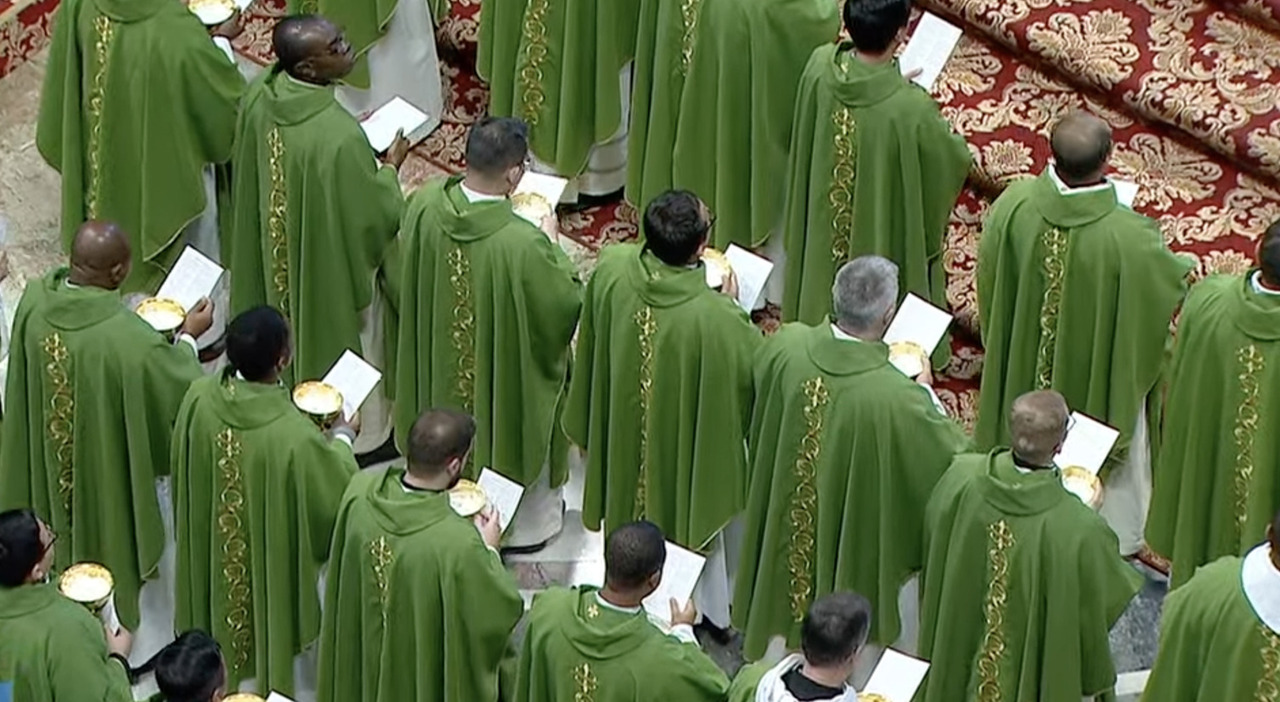Saturday 16 March 2024, 10:59
The Italian political climate is heated, the landscape too divided, aligned, and the Church seeks shelter. "Priests should form consciences but not take sides among parties." After the bishops of Emilia Romagna, the bishops of Lombardy have also ordered their structures not to host electoral debates or other political initiatives. Parish theaters, cinemas, and internal halls will be banned: the rules are strict. "The facilities of the parishes and other ecclesiastical entities cannot be used for the electoral campaign." Not only that. Candidates coming from Catholic environments and holding pastoral roles must take a step back and self-suspend. The Lombard bishops have signed a provision that has been distributed throughout the territory, just as the bishops of Emilia Romagna did a few weeks ago. Naturally, the ecclesiastical hierarchies have once again emphasized that lay people are encouraged to engage in politics but without instrumentalizing the Church and not being a source of division within the ecclesial community. The Christian community, associations, and movements should feel encouraged to promote on their own initiative appropriate discussions on social issues and training initiatives to suggest criteria for discernment in every area of life, including the political and administrative one," reads the letter. The European and administrative elections remain for the Italian bishops an obligatory exercise of democracy and civil responsibility that involves all citizens. "The ecclesial community looks with esteem at those who, even sacrificing personal and family time and energy, choose to dedicate themselves to the common good. The task of the pastors is to form consciences, motivate commitment, encourage responsibilities, refrain from taking positions in the confrontation between parties and individuals who present themselves to collect the electorate's consensus."
© ALL RIGHTS RESERVED
This article is automatically translated
